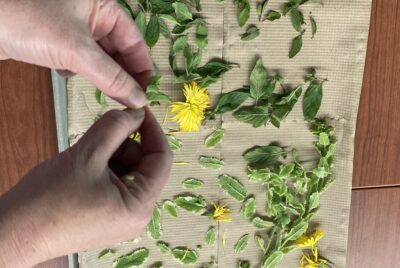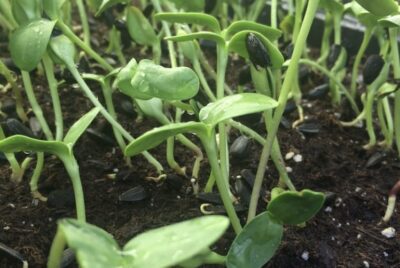RESEARCH
Community Gardens and Wellbeing Amongst Vulnerable Populations: A Thematic Review
Summary
This review looked at 51 studies to understand how community gardens impact the well-being of vulnerable populations, like ethnic minorities, refugees, and low-income families. The researchers analyzed articles published between 1980 and 2017. They found that community gardens could improve physical health by helping people manage their weight and blood pressure, get more exercise, and learn about food. While the studies didn’t always agree on whether community gardens improved food security, they did find that gardening could boost self-esteem, create social connections, and strengthen communities, especially for refugees. However, some studies raised concerns about food safety in urban gardens, like potential lead contamination.
The review showed that community gardens can generally improve well-being among vulnerable populations. Most of the research was done in the USA, so the authors suggest doing more studies in other countries. They also recommend focusing on how to make gardens safer, and how to get more vulnerable people involved in gardening. Despite some limitations, community gardens show promise as a way to address health issues and build stronger communities.







